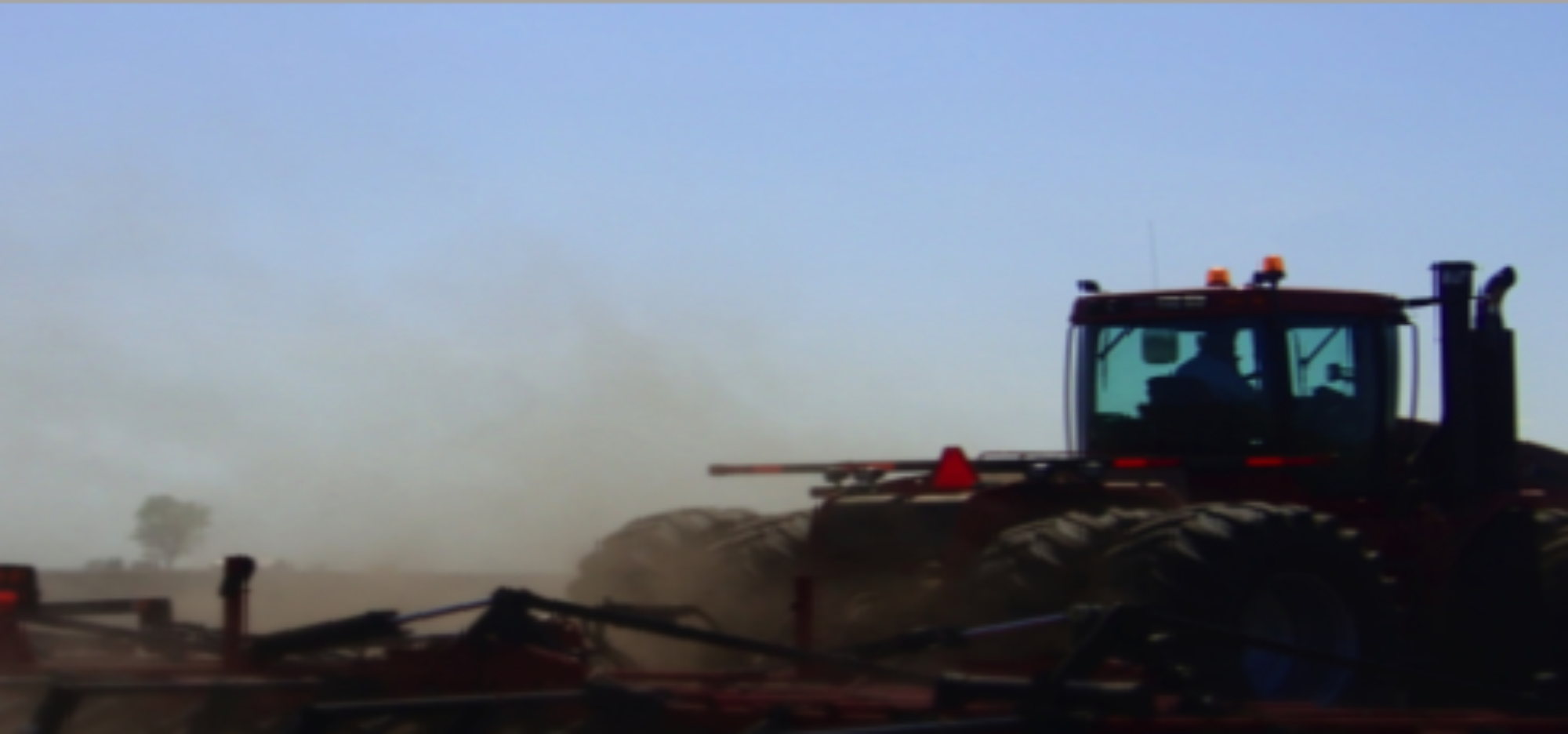
University of Tsukuba, Japan
ISBN-978-1-63117-702-6
Publishers: NOVA Science Publishers, New York, USA, 240 pages
Foreword: Simon Bell, Professor, Open University, UK
Comments Prasanta K. Kalita, Professor, University of Illinois at Urbana-Champaign,
Hiroyuki Konuma, Regional Director for Asia-Pacific, Food and Agricultural Organization (FAO) of the UN.
Catalog Description
Sustainability must be made operational in each specific context and must be scaled, and appropriate methods must be designed to achieve long-term goals. This book discusses the integration of views pertaining to the sustainability of agriculture, the environment and renewable energy. Thinking about sustainability in a broad sense enables us to compare and contrast facts of application across these domains and to apply lessons from one to another. Many individuals have noted the need to measure sustainability, and this book discusses a few approaches to achieve this goal and their respective problems. The key issues highlighted in Sustainability Indicators (SI) for agriculture include the reflective practice and multiple views of sustainability, sustainability and ethics in agricultural production, as well as the conflict between food and biofuel as pertains to food security. Sustainability and food security must be taken into account by stakeholders in the developing countries where land limitation causes problems. Only 2.5 percent of the world’s water is fresh water, and more than two-thirds of this is unavailable for human use. When human populations increase, water availability per person decreases. The human population has grown nearly tenfold over the past three centuries and has grown by a factor of four in the last century. Agricultural sustainability faces challenges amidst the threat of lack of resources, climate change and a growing population. In the second part of this book, we focus on the systematic analysis of sustainability through system dynamics approaches for sustainability and on sustainability and changes in thinking by using backcasting approaches and available modeling tools that have been practiced over the years. In the last part of this book, sustainability and informatics are discussed as a gateway to access and sharing information for agricultural sustainability, which is required to connect all parameters leading to sustainable development. Informatics considers this multidisciplinary field in terms of technology transformation and its influence in our life. The ICT promises to encourage sustainable growth and easy accesses of information throughout the agrarian community and the drive to implement Data to Knowledge. Data to Knowledge came with the Big Data initiatives as a concept to improve the speed, volume and variety of data used in agriculture. This Big Data concept is an ICT-based innovation that has driven an economic transformation of precision agriculture from a business perspective. This book tries to integrate the indicators and perceptions in these three sections.

